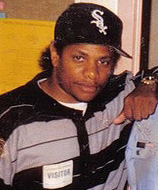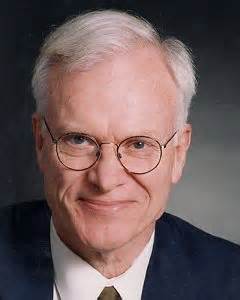A Quote by Twyla Tharp
Things change all the time, so why do people make such a philosophical to-do that things are constantly in transition?
Quote Topics
Related Quotes
My first degree was in mathematics. That was great, but it didn't help with many of the things that puzzled me. I became a philosopher because I wanted to understand everything, especially those things that didn't make sense. And that has continued to be my philosophical motivation. That's one reason I have such a roving philosophical eye - once I have figured out a philosophical topic to my satisfaction, I find myself moving on to new problems.
My challenge is to make sure the things I say and the things I do remain consistent for as often and as long as possible. My why is to inspire people to do the things that inspire them so that together we can change our world. That's why I wake up every single day. I'm agnostic to the form it takes: I teach, I write, I speak, I advise.
People said things they didn't mean all the time. Everybody else in the world seemed able to factor it in. But not Lena. Why did she believe the things people said? Why did she cling to them so literally? Why did she think she knew people when she clearly didn't? Why did she imagine that the world didn't change, when it did? Maybe she didn't change. She believed what people said and she stayed the same." (Lena, 211)
Everything is only for a day, both that which remembers and that which is remembered. Observe constantly that all things take place by change, and accustom thyself to consider that the nature of the Universe loves nothing so much as to change the things which are and to make new things like them. For everything that exists is in a manner the seed of that which will be.
We are constantly being surprised that people did things well before we were born. We are constantly remarking on the fact that things are done well by people other than ourselves. "The Japanese are a remarkable little people," we say, as if we were doing them a favor. "He is an Arab, but you ought to hear him play the zither." Why "but"?
It isn't the changes that do you in, it's the transitions. Change is not the same as transition. Change is situational: the new site, the new boss, the new team roles, the new policy. Transition is the psychological process people go through to come to terms with the new situation. Change is external, transition is internal
We're constantly dealing with old problems under the circumstance of new variables, so just things like greed and fear and anger and inequality are issues that humanity has constantly dealt with. The parameters and the variables change but these are old things. And discussing those things is slightly more timeless rather than focusing on one tiny thing.






































